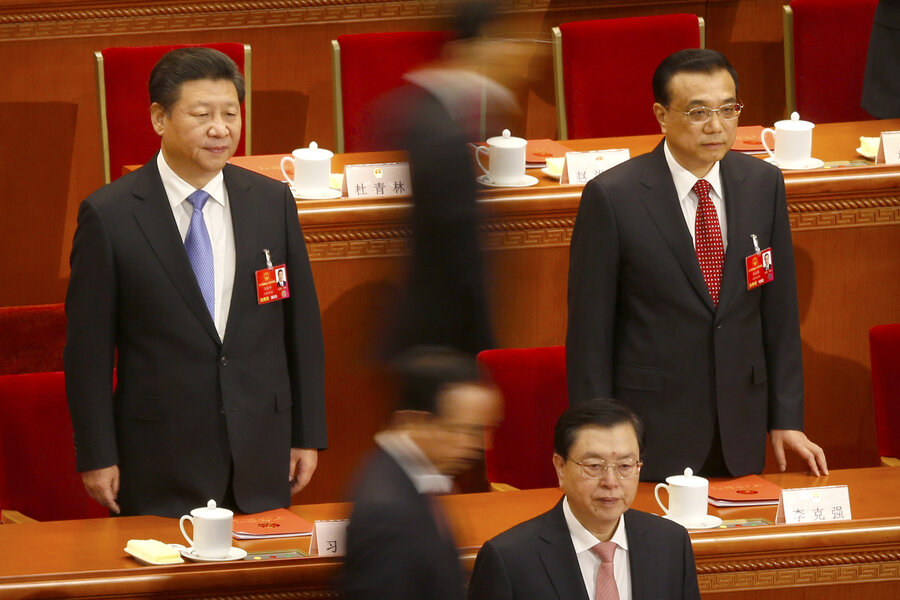China journalist linked to petition on president disappears
| BEIJING
A Beijing-based journalist linked with an online petition calling for the Chinese president's resignation has been missing since he disappeared from the Beijing airport on his way to Hong Kong several days ago, his lawyer said Saturday.
Jia Jia has not been seen since Tuesday, said the lawyer, Yan Xin, in the latest instance of a Chinese government critic vanishing without a trace.
Yan said he could not confirm that the government is holding Jia because local police and airport, airline and immigration officials have all denied knowledge of his case. But Jia's friends believe he may have unwittingly implicated himself when he warned an editor friend about the publication of an anonymous letter asking President Xi Jinping to step down.
Jia's friends believe that his disappearance is related to the petition, which surfaced briefly on the government-linked news site Wujie earlier this month during China's parliamentary session and attracted intense interest among watchers of Chinese politics.
The petition criticized Xi's handling of economic and domestic affairs and noted that more and more factions of the Communist Party oppose the president's tightening grip over speech, government bureaucracy and dissent within the party. The letter was taken down shortly after it was published, with the website saying it had been hacked.
Even though similar letters have been published before, the petition, which was signed "Loyal Communist Party Members," struck a raw nerve because there have been hints of resistance to Xi's rule within the uppermost ranks of the party, said Chinese University of Hong Kong politics expert Willy Lam.
Jia's wife has not heard any word on her husband's whereabouts, Yan said. Chinese police are required by law to notify family members of a detained person within 24 hours unless the case endangers state security. Detainees in politically sensitive cases are frequently held much longer without any official acknowledgment.
Jia has worked for news outlets in the mainland and in Hong Kong, and his past criticism of state censorship and corruption may have made him a person of interest for government investigators.
In the early hours of March 5, Jia told a group chat in an online messaging app that he had spoken to Ouyang Hongliang, a Wujie editor, to let him know that the petition had been published on the site.
"They're handling it," Jia told the chat group, according to a screenshot seen by The Associated Press. "I bet someone will be fired."
Jia denied any involvement in the petition, according to two of his friends.
Jia is the latest critic of China's government to go missing. Several booksellers in Hong Kong disappeared in recent months after publishing salacious material about Xi and other Chinese leaders. The booksellers have resurfaced to say that they left for mainland China on their own volition, while their friends maintain they were abducted by Chinese agents but compelled to later say otherwise.
Yan, Jia's lawyer, said he has been fruitlessly inquiring about Jia. He said government agencies would not give information about his client unless a formal case has been brought against him.
"The authorities will only answer our questions if we have a case to refer to, but we haven't received any notification of a case," Yan said.
Rights groups have expressed concern about Jia's disappearance, with the Committee to Protect Journalists calling on Chinese officials to disclose if and where they are holding him.







